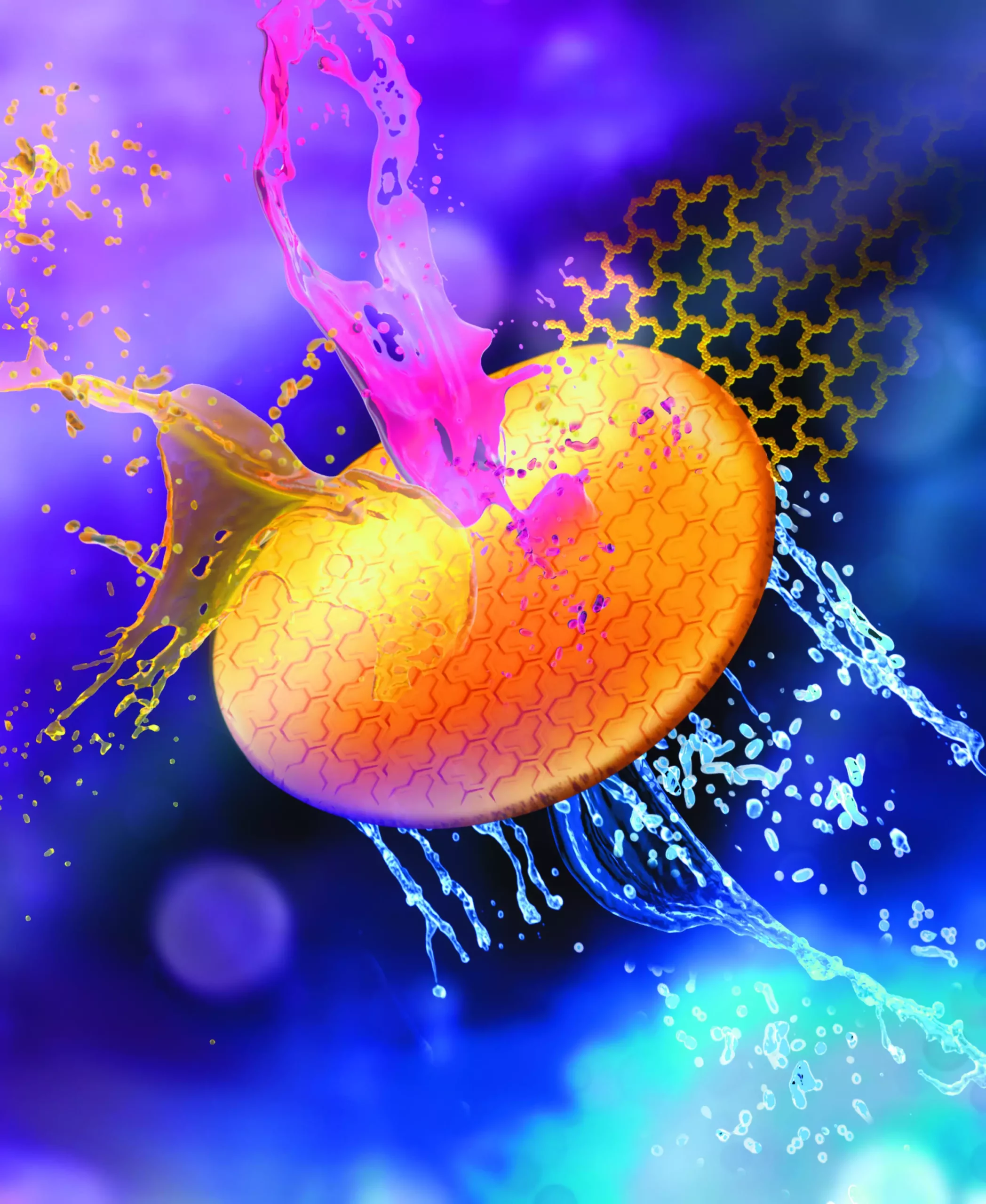The increasing global water crisis necessitates the exploration and development of innovative technologies aimed at improving the efficiency of water purification processes. At the forefront of such advancements, a team of researchers from NYU Abu Dhabi (NYUAD) has unveiled a groundbreaking approach that employs microwave technology for the synthesis of dual-faced membranes. This new technique not only accelerates the membrane production process but also enhances its capacity to purify water contaminated by various pollutants.
Conventional methods of membrane synthesis can be time-consuming and labor-intensive, often requiring extensive modifications to achieve the desired characteristics. The NYUAD team has transformed this narrative with their one-step microwave-mediated synthesis technique that operates at the liquid-water vapor interface. By leveraging this advanced technology, the team has succeeded in producing covalent organic framework (COF) membranes in a matter of minutes, representing one of the fastest production methods to date. This innovation not only simplifies the synthesis process but also permits significant control over the membrane’s structural and functional properties.
What sets the NYUAD membranes apart is their unique dual-faced structure, which incorporates surfaces that are superhydrophilic on one side and near-hydrophobic on the other. This innovative design facilitates the efficient removal of diverse contaminants, such as oils and dyes, from water sources. The design enhances filtration efficiency and introduces strong antibacterial properties, addressing critical concerns associated with long-term membrane performance. The potential for tailored membranes suitable for specific contaminants makes this technology particularly promising in the pursuit of effective wastewater treatment solutions.
Published in the Journal of the American Chemical Society, the team’s study, titled “Tunable Wettability of a Dual-Faced COF Membrane for Enhanced Water Filtration,” highlights the substantial advantages of their newly developed membranes. The results indicate that these membranes outperform traditional polymeric filters in removing oil from water mixtures, demonstrating remarkable water flux due to their multilayered structure and consistent porosity. The team’s findings signify a noteworthy advancement in overcoming organic fouling, a prevalent problem in existing membrane technologies.
As water scarcity continues to be an urgent global issue, the developments brought forth by the NYUAD research team present a beacon of hope. The innovative synthesis of high-quality, crystalline COF membranes through microwave technology not only streamlines production but also enhances purification capabilities. This remarkable progress signifies a promising pathway towards addressing critical water purification challenges worldwide, facilitating effective water reuse and sustainable management practices. The commitment of researchers like Ali Trabolsi, Farah Benyettou, and Asmaa Jrad continues to pave the way for solutions that merge science with the urgent need for sustainable water resources.

